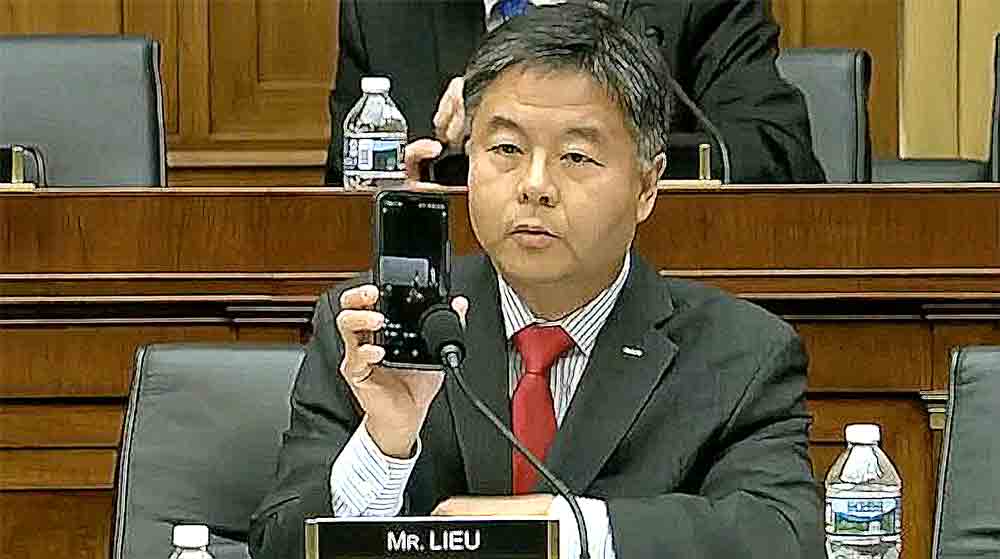“[T]he thing that really set me off this week,” former Sen. Claire McCaskill (D‑Missouri) said on NBC’s Meet the Press, “was them going after Sharice Davids.”
The “them” are four freshman congresswomen — Rep. Alexandria Ocasio-Cortez (D‑NY), Rep. Ilhan Omar (D‑Minn.), Rep. Ayanna Pressley (D‑Mass.) and Rep. Rashida Tlaib (D‑Mich.) — but it was specifically Saikat Chakrabarti, Ocasio-Cortez’s chief of staff, who tweeted: “I don’t believe Sharice is a racist person, but her votes* are showing her to enable a racist system.”
“This is the first Native American woman elected to Congress,” McCaskill exasperatedly explained regarding Rep. Davids. “She is the second openly lesbian member of Congress in history. She represents Kansas, from a district that has been held by the Republicans for cycle after cycle after cycle.… The notion that they’re going after her and playing the race card, what are they thinking?”
Perhaps they’re thinking that the race card has worked quite well before.
And isn’t McCaskill tossing out her own “Native American woman” card? Not to mention suggesting that Rep. Davids’ sexual orientation is yet another trump suit, making her further immune to criticism.
Which seems both profoundly racist and sexist.
This comes on top of a wargame of words between Speaker Nancy Pelosi and freshman Rep. Ocasio-Cortez, who, after being belittled by Pelosi on 60 Minutes, charged that the Speaker was “singling out … newly elected women of color.”
Perhaps there is another reason as well for this political fixation on race, gender, sexual orientation: the content of their … character?
This is Common Sense. I’m Paul Jacob.
* The issue at hand was emergency legislation to increase border funding for detainees at the infamous “concentration camps” (as AOC called them) for people caught illegally crossing the southern border of the U.S. The “them” voted against the funding.

—
See all recent commentary
(simplified and organized)










